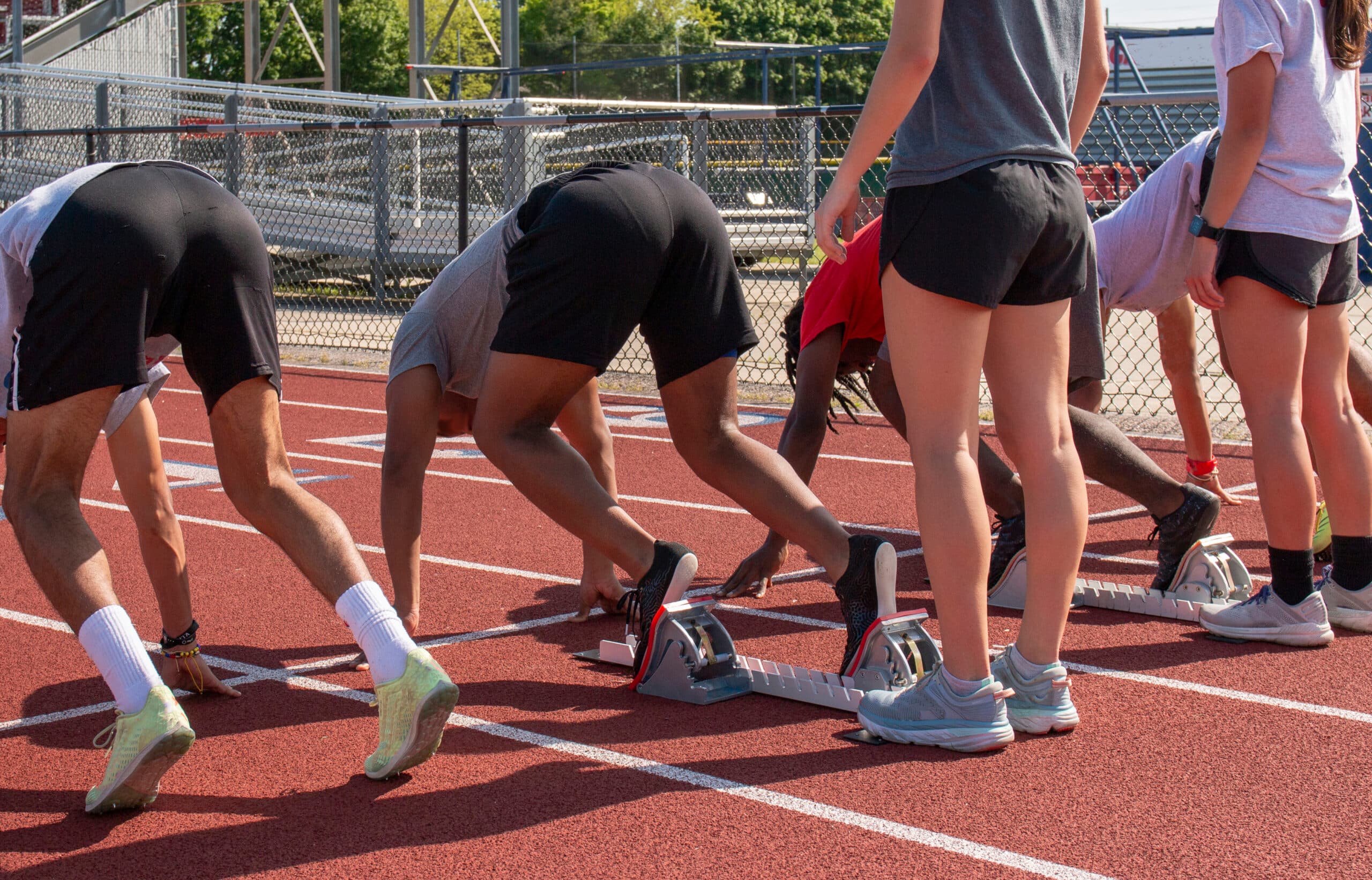Why did the NCAA prohibit NIL deals?
The National Collegiate Athletic Association (NCAA) prohibited student athletes from receiving compensation for athletics outside of scholarships. The NCAA claimed that the restrictions were meant to preserve the amateurism of college sports, to protect their educational nature, and to emphasize that college athletes are students first and athletes second. Additionally, the NCAA argued that it wanted to keep the playing field fair for recruiting. The organization voiced concerns that allowing students to profit would give an unfair advantage to wealthier schools with wealthier donors in recruiting for their athletic programs.
The NCAA also had a financial incentive to restrict NIL deals, and wanted to maintain control over revenue-generating opportunities, including broadcasting rights, merchandising, and sponsorship deals relating to athletes’ participation. The NCAA used the prohibition on NIL deals to preserve their contracts and marketing deals.
What were the arguments in favor of allowing NIL deals?
The NCAA’s policy prohibiting student-athletes from profiting from NIL deals restricted athletes’ right to participate in the free market. Opponents to the restrictions argued that the NCAA’s control resembled a monopoly and suppressed fair competition in the market for athletes’ services. The agreements between the NCAA and its member conferences were challenged as collusive behavior, violating antitrust laws.
A combination of state legislation and public pressure dismantled the NCAA’s prohibitions. In 2019, California passed the Fair Pay to Play Act, making it illegal for colleges to restrict athletes from profiting from NIL deals. In 2014, in O’Bannon v. NCAA, former UCLA basketball player Ed O’Bannon sued the NCAA. O’Bannon argued that rules preventing athletes from receiving NIL compensation violated antitrust laws. The court ruled that the NCAA’s restrictions were anti-competitive, and the settlement allowed athletes to receive compensation for their NIL in video games and some other platforms.
Then, in 2021, Shawne Alston, a former West Virginia University football player, sued the NCAA with a group of college athletes. Plaintiffs in Alston v. NCAA argued that the rules limiting education-related benefits violated Section 1 of the Sherman Antitrust Act, which prohibits unreasonable restraints on trade. The Supreme Court ruled 9-0 that the NCAA’s education-related benefits restrictions violated anti-trust laws.
Most recently, college athletes filed a class action lawsuit against the NVAA and five athletic conferences challenging restrictions on their ability to profit from their NIL. In House v. NCAA, plaintiffs contended that prohibitions on NIL compensation violated antitrust laws. The settlement agreement resulted in more NIL opportunities for student-athletes, back damages to be paid to athletes who played in 2016 onwards, and allowance for schools to compensate athletes directly.
What does the NIL regulatory landscape look like on a federal level?
There is still no federal regulation concerning NIL rights, so all regulation is through the NCAA, state laws, and rules within institutions. The NCAA has actively advocated for federal regulation in NIL to address the inconsistencies between state policies. The College Athletes Protection and Compensation Act was proposed in 2023 to create federal NIL standards, protect student athletes’ economic opportunities, and establish procedures and aid for injury-related expenses.
The Compensation Protection Act and Level Playing Field Act were both proposed to preempt state NIL laws and introduce a uniform national standard to address concerns over conflicting state regulations. Several of the bills regarding NIL policy have been reintroduced to Congress various times but have yet to be passed. Therefore, athletes must be aware of the applicable state and institutional rules regarding their NIL deals and sponsorships.
If you have any issues related with NIL deals, contact one of our knowledgeable business attorneys at EPGD Business Law. Call us at (786) 837-6787 or email us to schedule a consultation.








